Car GPS trackers provide a reliable solution for monitoring and controlling fleet vehicles, reducing theft and improving safety. By leveraging Global Positioning System (GPS) technology, a car GPS tracker provides real-time vehicle location tracking along with in-depth insights into driver behavior. This makes a car GPS tracker an invaluable addition to any fleet operations.
This guide explains the different types of car GPS trackers available, their features, uses and benefits, as well as setup instructions so you can identify which type is right for your specific needs. It covers both hardwired and portable models to help you select the ideal car GPS tracker depending on the type of vehicle being tracked.
We’ll cover topics such as how to choose the right type of device for your needs, installation requirements for hardwired trackers, ease of set up and use of portable units, and different tracking functions available to gain better insight into vehicles under management. Finally, we will discuss some of the benefits associated with investing in a car GPS tracker –– including improved safety measures and enhanced fleet management efficiency.
What Are Car GPS Trackers?
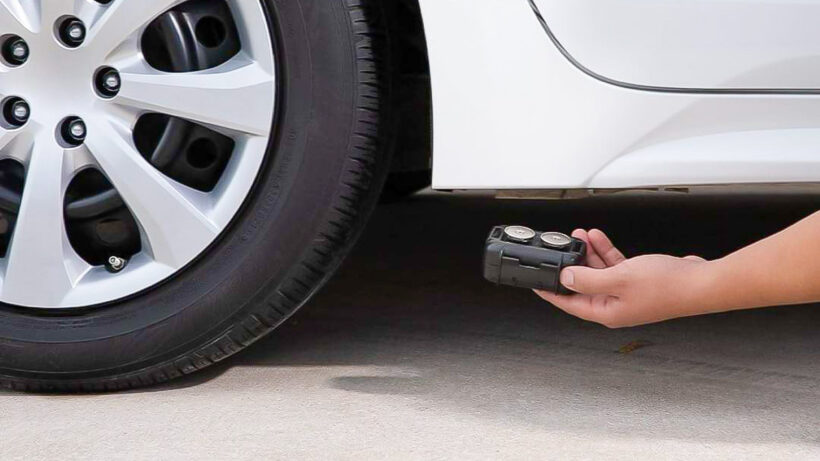
Car GPS trackers are electronic devices that use the Global Positioning System (GPS) to track a vehicle’s movements in real time. GPS is a satellite-based navigation system owned by the U.S. government and operated by the Department of Defense. The technology makes it possible to pinpoint an exact location on the earth’s surface with great accuracy.
Car GPS trackers provide a number of benefits for vehicle owners, such as helping with stolen car recovery or as a way to monitor driver behavior and vehicle performance data, including speed, fuel use, engine health, and more. Car GPS trackers are typically small units that contain a battery and are typically installed under the hood or dash of the car. They come in two basic types: active trackers and passive trackers.
Active car tracking devices commonly use cellular technology, meaning they must be paired with a service plan from your wireless provider for them to transmit data in real time back to your computer or smartphone app. This makes them an ideal tool for tracking down your lost vehicle quickly because you can view its whereabouts any time you want via your mobile app or web account associated with the tracker service provider.
Passive car tracking units generally require professional installation and physically connect your device directly to the factory-installed onboard diagnostics port (OBD-II) found in most vehicles from 1996 onward which allows access to your vehicle’s internal data systems without interfering with its operation. These devices will only record information about your driving habits or vehicle performance when plugged into the OBD-II port which eliminates potential privacy risks associated with always-on tracking devices like active car GPS trackers do not have this limitation as they rely on cellular signals for their communication instead of being hardwired like passive tracking systems do.
Types Of Car Tracking Devices
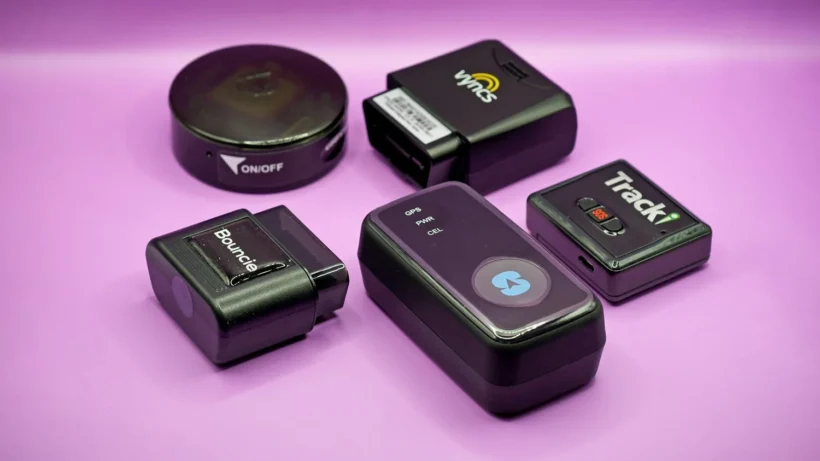
Car tracking devices come in a variety of types, each offering their own unique features. GPS car trackers are popular choice and they provide the most accurate location information but they require a monthly subscription to use. Other types of car tracking devices include combination systems (GPS plus other technologies such as cellular signal or radio frequency), active trackers (require power) and passive trackers (do not require power, but must be manually activated).
Combination trackers combine multiple tracking technologies such as cellular or RF together with GPS, enabling them to provide more consistency and accuracy when compared to single-technology devices. The combination approach allows for a wider coverage area in the case of signal loss from one technology. These devices typically have longer battery life than their all-GPS counterparts.
Active car tracking devices are connected directly to an internal power source in the vehicle, such as a 12V battery or hardwired into the fuse box, which means that they will continue to work without having to be recharged or replaced. These active systems provide immediate detection and reporting capabilities as well as greater detail related to time and location information when compared with passive systems.
Passive tracking systems are typically less expensive than other GPS only or combination systems because they do not require ongoing fees for cellular service. Passive trackers can be placed inside an asset and don’t require a power source or activation so the device will keep working until it is manually deactivated by the user. When these trackers detect motion they will automatically activate, providing detailed reports on locations visited of the user/asset being tracked.
How To Choose The Right GPS Tracker For Car?
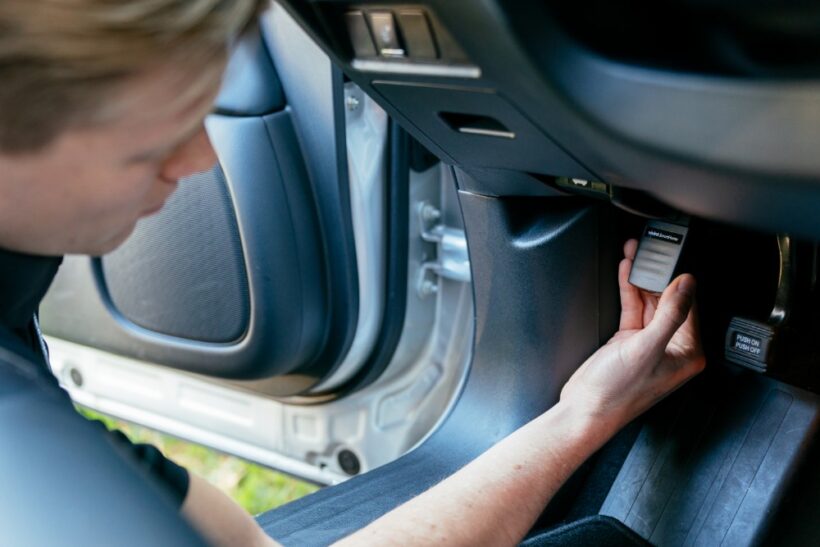
When choosing a GPS tracker for your car, there are several criteria you should bear in mind. Firstly, you need to identify how much tracking and reporting you require. Do you need to track the location of your car(s) and driver(s) only? Or do you need to track and monitor their speed, fuel consumption and other driving habits?
The level of tracking and reporting that is necessary will determine the type of GPS tracker that is best-suited for your needs.
The next consideration is price and operational cost. Your budget will play a big part in selecting the right GPS tracker, as well as potential installation costs, service fees or monthly monitoring fees. Check if the supplier has any additional charges associated with their product – some require payment for special features or installation/removal services – so make sure you’re aware of all associated costs before committing to a purchase decision.
Next, consider which features the tracker has that would be most useful for your specific requirements. Some may offer geofencing (creating boundaries around particular areas) or scheduled performance reports; while others may include driver behavior monitoring (speeding, braking/acceleration etc), idle time alerts or even vehicle maintenance notifications. Some GPS trackers also have additional functions such as ‘Panic Buttons’ which can be used by drivers when they feel unsafe or require assistance. Consider what benefit each feature offers relative to your specific needs and preferences prior to making a final decision on the right device for your circumstances.
5 Best Car GPS Trackers In 2024
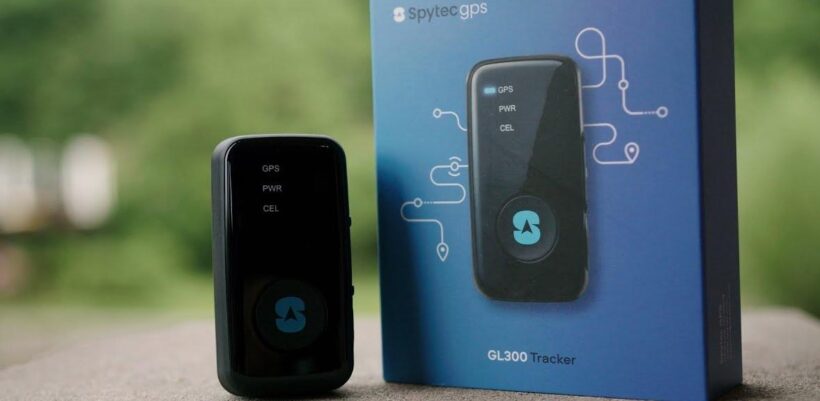
In recent years, car GPS trackers have become popular accessories for both personal and business use. They can provide you with peace of mind in case of theft, or help you keep track of a fleet of vehicles. In this article, we will explore the features to consider when shopping for a car GPS tracker, as well as our top five picks.
When shopping for a car GPS tracker, the most important factor to consider is its accuracy. Make sure that the unit offers up-to-date maps and real-time tracking data so you’ll always know where your vehicle is located. Other considerations include battery life—some units offer rechargeable batteries with up to several months’ worth of tracking—and device compatibility—most companies make GPS trackers that work with both Android and iOS devices.
Based on these criteria, here are our top five picks for car GPS trackers:
1) Spy Tec STI GL300 Real Time Tracking Device — This device is one of the most accurate on the market, with precise geofencing capabilities and real-time updating ability every five seconds! It also has rechargable batteries that provide up to two weeks’ worth of power at a time.
2) MOTO safety Vehicle Tracking System — This device offers precise pinpoint location within 30 feet even when in motion, making it extremely reliable for long trips acrosstown or across country. It is compatible with both Android and iOS devices so that you can stay connected no matter what type of phone you own.
3) LandAirSea 54 GPS Tracker — This reliable device can be used as an asset or vehicle tracker, making it great for personal or business use alike! The rechargeable battery provides up to two months’ worth of power before needing to be swapped out, meaning fewer charger cord tangles!
4) Optimus 2 Tracking Device — This powerful device offers real-time updates every ten seconds via Google Maps so that you always know exactly where your vehicle is located! Plus, it comes equipped with back-up standby batteries just in case something happens during travel between charging times.
5) H optimus 4G LTE GPS Tracker —This cutting edge technology lets users view their vehicle from any smartphone or computer while they are away on vacation or just at home working! It also has an extended trickle charge battery life that lasts up to four weeks until it needs recharging again.
Conclusion
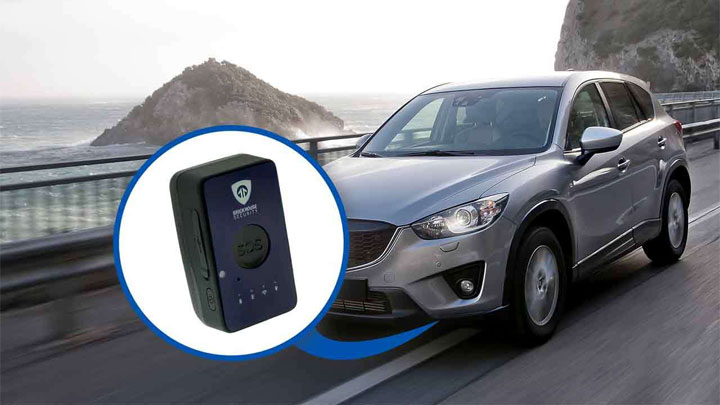
GPS trackers have become increasingly popular in the car industry due to their versatility and affordability. By installing a GPS tracker, you can ensure that your car is safe and track its location should it ever get stolen. The device can be supplemented with additional features to provide added security and convenience, such as vehicle diagnostics, remote engine start/stop, geo-fences and more.
Depending on your needs, there are several types of GPS tracking systems available for use in cars. Your budget and specific requirements will determine which one is best for you. In any case, by installing a GPS tracker in your car you can rest assured that your vehicle is as secure as possible, and always within reach no matter where you are!
